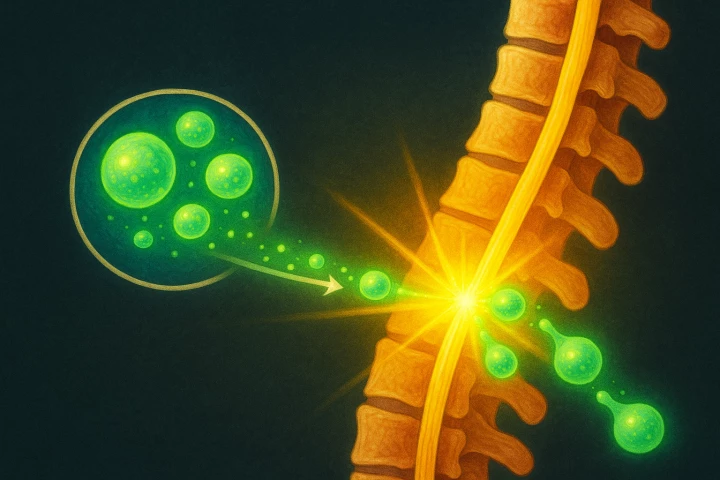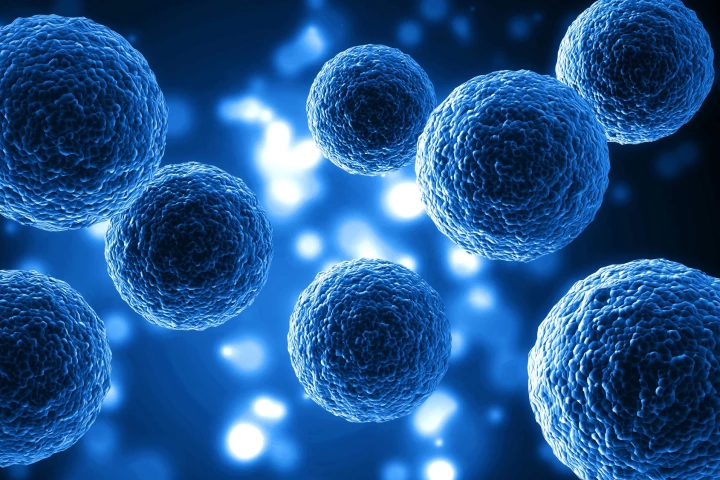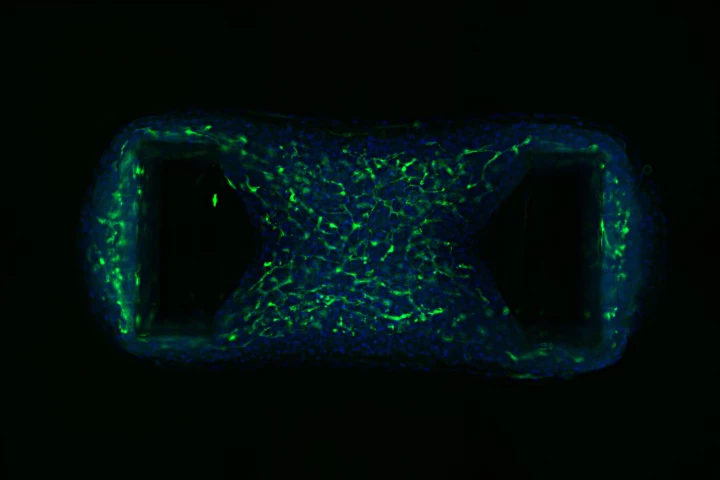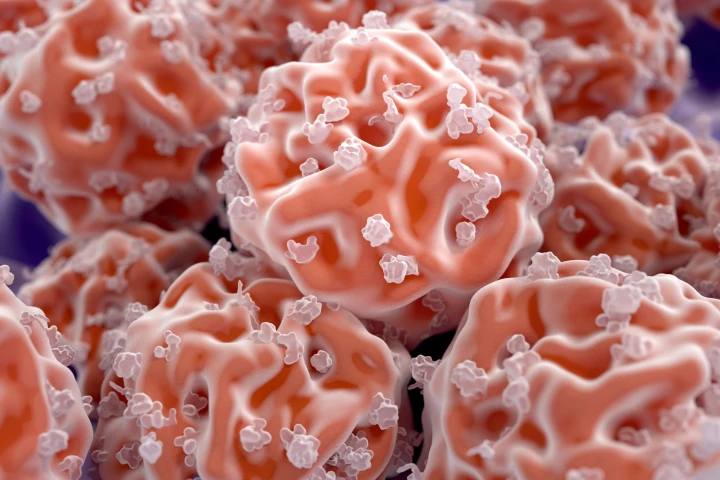Induced Pluripotent Stem Cells (iPS)
-
A paradigm shift in the way we treat spinal injuries is now in sight, with the world's first regenerative cell therapy approved for a Phase I clinical trial. It's a historical milestone that could reverse what has, until now, been an incurable injury.
-
In a major breakthrough for regenerative medicine, MIT scientists have developed a way to convert skin cells directly into brain cells extremely efficiently, without needing to go through the intermediate step of converting them to stem cells first.
-
Scientists have engineered a hybrid mouse with a gene that predates all animal life. The team replaced a single gene in the mouse stem cells with a version from an ancient, single-celled ancestor, and successfully grew healthy live mice from it.
-
We’re edging closer to seeing a live mammoth for the first time. Colossal Biosciences, a company dedicated to the controversial-but-unquestionably-cool goal of resurrecting extinct species, has made a breakthrough in creating elephant stem cells.
-
Researchers have developed a biodegradable patch engineered from human cells that could be used to correct infant congenital heart defects, limiting the need for multiple invasive surgeries and outlasting current non-living, non-degradable patches.
-
Vitamin B12 doesn't get much time in the spotlight, but as well as its role in red blood cell formation and DNA synthesis, scientists have now found that it is key to cellular reprogramming and tissue regeneration, as well as curtailing inflammation.
-
Researchers have used human neural stem cells to 3D print functional brain tissue that mimics the architecture of the cerebral cortex, the brain’s outermost layer, and has the potential to provide individualized repairs to brain injuries.
-
Researchers created an embryo model that looks and acts like a natural human embryo. They say it’s an ethical way of gaining a better understanding of embryonic development that may provide answers about birth defects and infertility.
-
Researchers have transplanted precursor stem cells into the damaged heart muscle of pigs, repairing injured cells and improving heart function. The study may lead to a treatment that can regenerate heart muscle damaged by a lack of oxygen.
-
Australian researchers have achieved two firsts that will assist in the battle against heart disease: they created a tiny beating heart with its own vascular system and uncovered how the vascular system affects inflammation-driven heart damage.
-
Human stem cells can differentiate into any human cell. But dedifferentiation, differentiation in reverse, is implicated in several diseases. Now, researchers have uncovered a mechanism key to the process of stem cell dedifferentiation.
-
Scientists have for the first time created male and female stem cells from the same person. This means the cells are genetically identical except for the sex chromosomes, enabling a new platform for studying sex differences in drugs and diseases.
Load More











